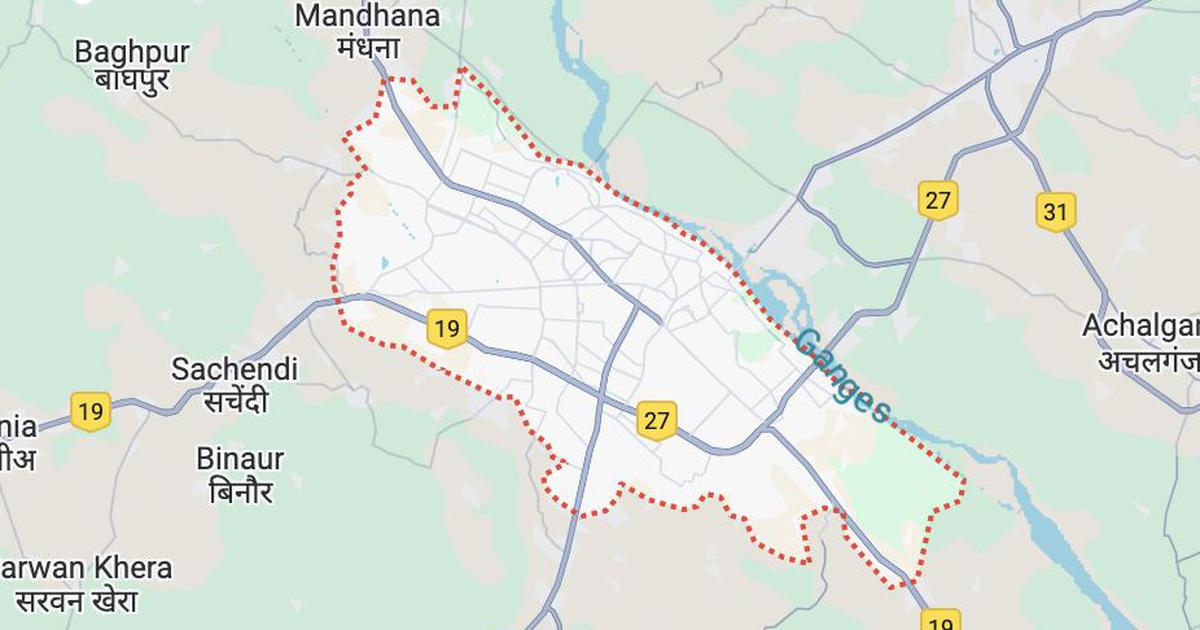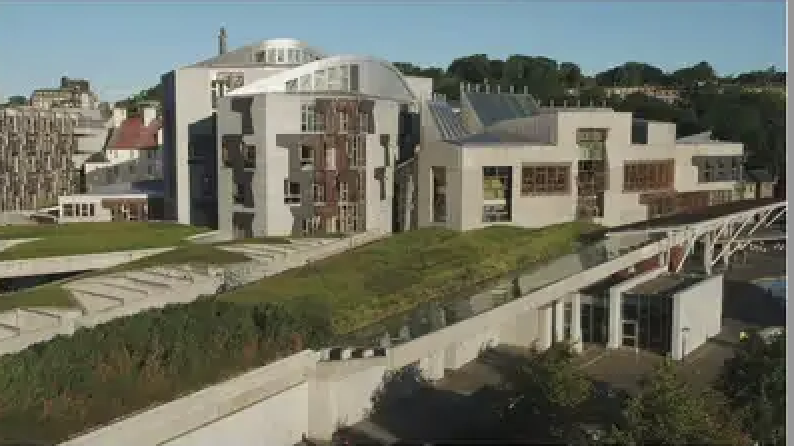
New Delhi: Expressing deep concern over the failing health of democracy in India, eminent citizens, including retired judges and bureaucrats, have noted the “deafening lack institutional will” to act against hateful content and hate messaging in public discourse, leading to growing violence against the minority community across the country.
The report, Uncertain Justice: A Citizens Committee Report on the North East Delhi Violence 2020, Justice Madan B. Lokur, former Judge of the Supreme Court (Chairperson), Justice A.P. Shah, former Chief Justice of the Madras and Delhi High Courts and former Chairman, Law Commission, Justice R.S. Sodhi, former Judge of the Delhi High Court, Justice Anjana Prakash, former Judge of the Patna High Court, G.K. Pillai, IAS (Retd.), former Home Secretary, was brought by the Constitutional Conduct Group, consisting of several former civil servants, after the violence in Northeast Delhi.
It may be recalled that communal violence flared up in Northeast Delhi at a time when protests against the Citizenship Amendment Act or CAA were at their peak across the country, including in the capital, which was also preparing for Assembly elections. The violence left 53 people dead, most of whom were Muslims.
The report released recently is in three parts and examines different facets of the violence from its genesis, nature, and aftermath.
The report noted that polarisation between the Hindu and Muslim communities, particularly anti-Muslim hate, was “deliberately fuelled in the months preceding the violence.”
“The Muslim community was grappling with deep fears of loss of citizenship, stemming from the combined effect of the Citizenship (Amendment) Act, 2019 (CAA), passed in December 2019, with potential exclusion through the National Register of Citizens process. By mid-December 2019, nationwide protests erupted against the law. Delhi emerged as the epicenter of the anti-CAA movement with North East Delhi as the site of multiple sit-in protests. Against this background, the campaigning for the Delhi Assembly elections gathered momentum in January,” said the report, noting that the ruling Bharatiya Janata Party (BJP) focused its election campaign on the CAA issue, within a divisive narrative framing the anti-CAA protests as “anti-national and violent” with their leaders, such as Anurag Thakur (now a Central minister) and Kapil Mishra, labelling the protesters as “traitors”.
Expressing disquiet at the role of national television channels and social media in amplifying hate, the report also decried the “vilification of the protests and anti-Muslim hate.”
Examining episodes aired in December 2019-February 2020 of primetime shows of the six most viewed television news channels, the report noted that channels that lead in amplifying hate were Republic and Times Now (English), and Aaj Tak, Zee News, India TV, and Republic Bharat (Hindi).
“We also examined relevant posts on various social media platforms. The analysis reveals that the channels’ reportage of events surrounding the CAA framed the issues as “Hindus versus Muslims” with prejudice and suspicion against the Muslim community. These channels concentrated on vilifying anti-CAA protests, fanning unsubstantiated conspiracy theories, and calling for their forcible shutdown”, said the report.
The committee concluded that the prevalence of hate “significantly contributed” to creating a climate in which a significant section of society became receptive to incitement and calls for violence against the Muslim community.
This story was originally published in newsclick.in . Read the full story here






